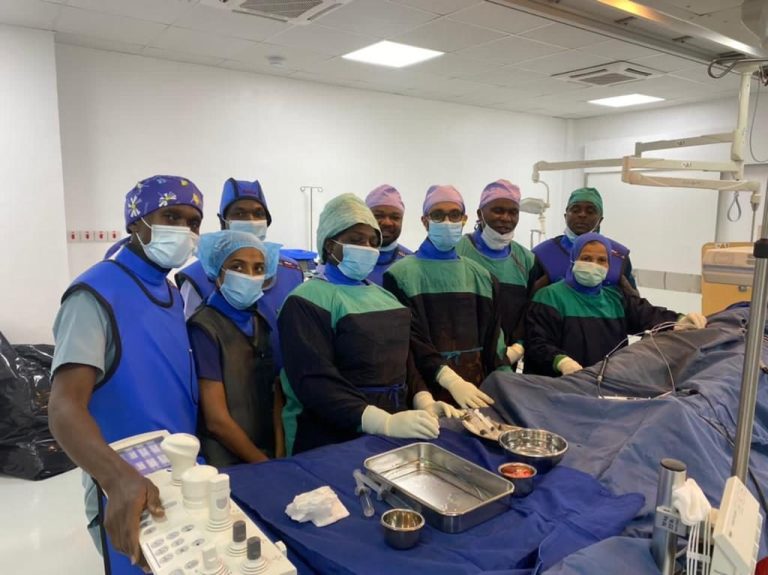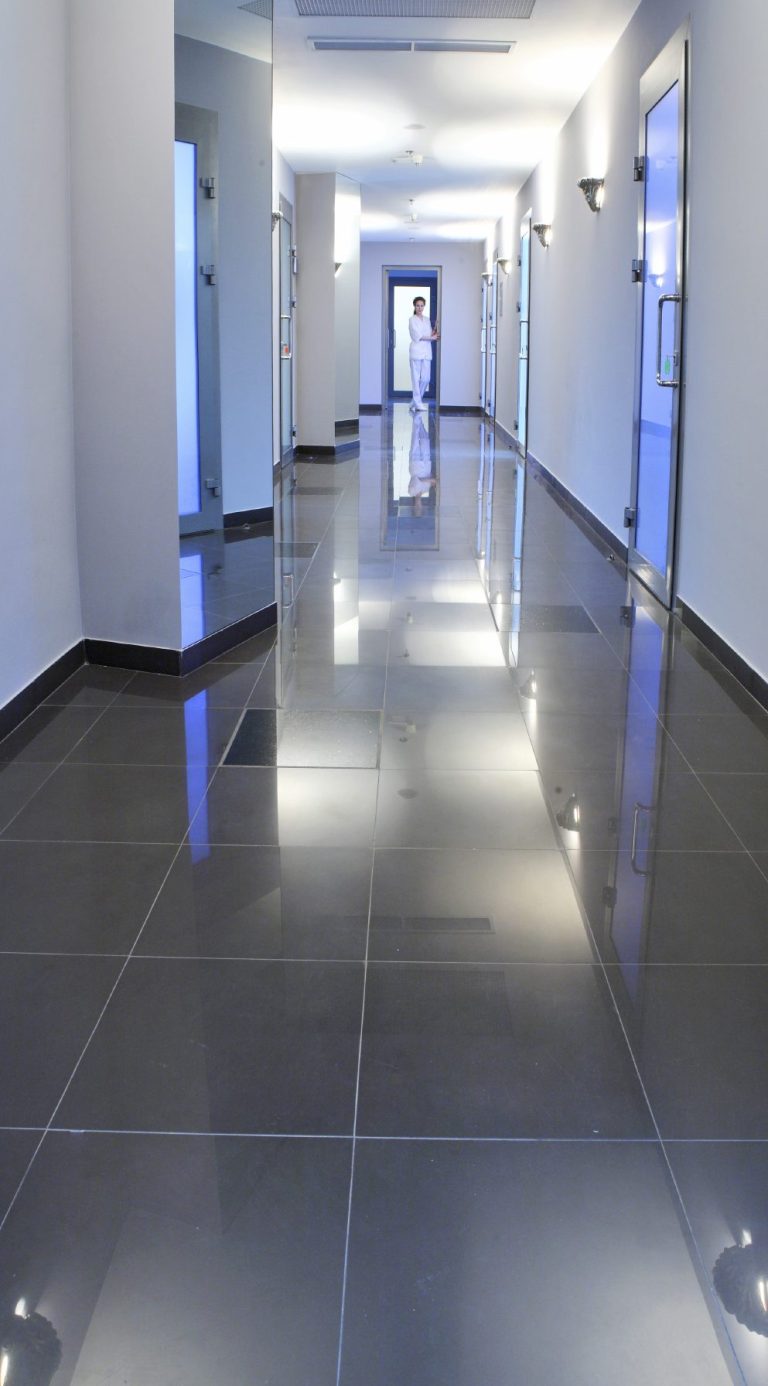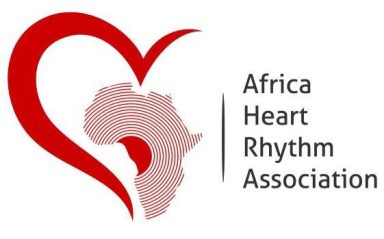AFHRA Guidelines/Recommendations
Introduction
In the African context, AFHRA has created a set of guidelines that electrophysiologist could use to reach an acceptable standard of care. These guidelines are put in place to ensure that patients receive the best possible care and treatment of heart rhythm disorders with a special attention to the constraints faced in the majority of African countries.
A- Trainee prerequisites:
- Qualified physician who has graduated from an accredited medical school and must be licensed to practice medicine in the country in which he or she intends to undertake the device implantation training.
- A certified physician with at least 6 months of general cardiology training with the ability to make differential diagnoses and tailored to a specific arrhythmia diagnosis.
- Competency and holding active certification in basic life support and advanced cardiac life support.
- The trainee pacemaker implanter must be able to access patients and appropriate technology to support the implant on return to their country of origin. This usually requires parallel support from an institution in the clinician’s country of origin or from the government.

B- Trainer and training center staffing prerequisites:
- Trainer must be a licensed physician in the country of practice, at least 1 trainer is encouraged to be board-certified in electrophysiology and/or cardiac implantable electronic device with the necessary re-certification (e.g., American Board of Internal Medicine, IBHRE, and EHRA).
- Competency and active certification in moderate sedation, basic life support and advanced cardiac life support.
- Competency in pacemaker implantation, programming, and follow-up in countries where these services exist as part of cardiac rhythm management, and overall management of cardiac device–related issues.
- Availability of qualified anesthesiologists or competent anesthesiology nurse specialists. Advanced practice nurses and physician assistants should be used in areas where they will have a maximum impact on patient care and where they can assume roles and responsibilities unique to their training and certification.

C- Laboratory design:
- An uninterruptible power supply for all catheterization and computer equipment is required. Lighting should include an overhead light on an articulating arm, 2 × 2 ft lighting squares to flood the main procedure area, and a dedicated workspace light for the nursing/anesthesia area.
- The air flow/heating, ventilation, and air conditioning design should comply with the Guidelines for Environmental Infection Control.

D- Laboratory activity/process:
- An institutional case load of at least 50 conventional procedures per year. At least 40 implant procedures per trainee with at least 30 as sole or first operator. Of these, at least 10 should be dual-chamber implants.
- An identifiable and dedicated pacemaker and implantable cardioverter-defibrillator (ICD) follow-up service.
- Outpatient device clinic (1-week post-implant for wound check, 1-month post-implant for reprogramming to long-term settings, and at least every 6 months, and then 3-monthly when <1 yr from elective replacement indicated). At least 50 pacemaker follow-ups and interrogation episodes required per yr.
- Periodic peer review of complications related to device implantation should be carried out. Periodic meetings devoted to implantable device management should be organized.
- If cardiac resynchronization devices are implanted, appropriate heart failure follow-up services must be available.

E- Laboratory environment:
- Dedicated operating room (ideally electrophysiology laboratory or catheterization laboratory), which should be part of a public or private hospital and is equipped with the necessary and functioning imaging equipment, and a radiographer who has competence in handling fluoroscopic equipment.
- The African-based training centers must be recognized and approved for this purpose and accredited by AFHRA before they go operational. These training institutions will also be required to undergo re-assessment every 5 yrs against the set criteria listed above for re-accreditation.
- The African training center should encourage and demand that trainees participate in formal assessment of their knowledge and skills upon completion of training.
- The recommended knowledge assessment path by the AFHRA for African-based trainees will be passing the physician IBHRE or EHRA device examination for implanting cardiologists or Allied IBHRE for cardiac device allied professionals, after 2 yrs of experience with devices.

